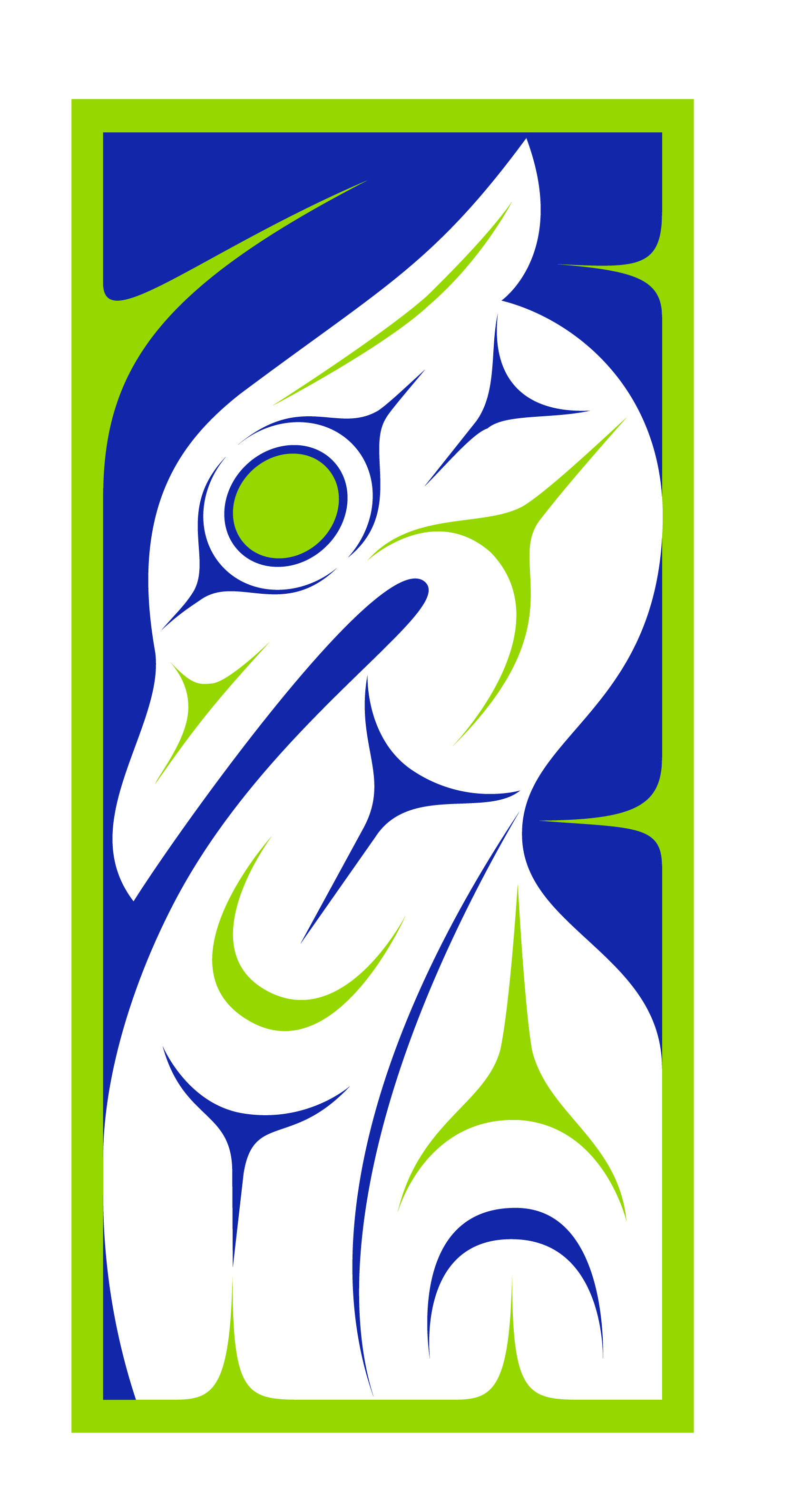Nookaadiziwin
In March 2020, the Entry to Practice Canadian Competencies in Dental Hygiene (EPCCoDH) Working Group wrote a letter to the Federation of Dental Hygiene Regulators of Canada™ (FDHRC™) which was working on revised competencies for dental hygiene in Canada. Feedback was provided regarding cultural awareness and competence, particularly as it relates to Indigenous People.
The EPCCoDH were published in November 2021; the competencies and their associated performance criteria and knowledge statements, reflect relevant TRC Calls to Action. The FDHRC™ also recognized that the process of truth and reconciliation within the profession requires more than simple inclusions in an entry-to-practice profile and has made a commitment to ongoing exploration with subject matter experts in the field.
In 2022, the FDHRC™ engaged a consultant to lead a review of the EPCCoDH through a lens of Indigenous Cultural Safety and Humility, decolonization, Indigenization, as well as Anti-Racism and Indigenous rights. An artist (Margaret August) was engaged to develop a customized Coast Salish visual art piece, making room for meaningful decolonization and Indigenization within the project process. In early 2023, the consultant engaged in knowledge sharing with 16 Subject Matter Experts (health sector professionals) from across the lands now commonly called Canada who self-identify as Indigenous. These included testimonies of personal and professional lived experiences related to Indigenous-specific racism in health sector education, employment environments, and as recipients of health services. Through this process, the consultant identified broad themes that informed recommendations regarding next steps, for consideration by the FDHRC™ Board.
The FDHRC™ Board decided to proceed with the recommendation of developing an Indigenous Anti-Racism Interpretation Guide (“Guide”) to accompany the EPCCoDH, to clarify their intent within an Indigenous Anti-Racism specific context. The intent is for the Guide to live with the national competencies as an essential component of understanding and implementing the national competencies. A public RFP was issued to develop the Guide in 2023, and a consultant team was chosen. Development of the Guide is being co-led by consultants Robin Adams (Cultural Safety Consultant & Project Manager, Exit 26 Consulting) and Gary Johnston (Sḵwx̱wú7mesh [Squamish] Knowledge Carrier). An Indigenous language name has been chosen for the Guide: Nookaadiziwin (NOE-kah-dih-zih-WIN), an Ojibway word meaning being in a state of peacefulness with a soft sort of emotion with empathy.
As the project moves forward, we will update this website periodically. The FDHRC™ recognizes that reconciliation is a journey, and we thank the Working Group for bringing this forward.
Note: A project update will be provided in early 2026.

